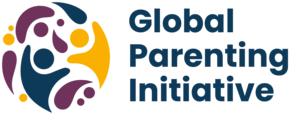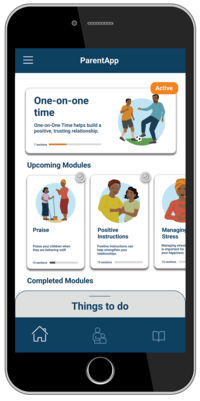The ParentApp for Teens team has made considerable progress with their current fieldwork activities, a one month randomised controlled trial (RCT) follow-up and 12 month feasibility pilot follow-up. As of 29 February, a total of 2,281 caregiver interviews (95%) and 2,081 teen interviews (87%) have been successfully completed, covering 80 clusters (N = 2,396). Qualitative interviews with RCT participants and programme implementers are also ongoing. To date, 1 focus group with participants and 6 in-depth individual interviews have been held with programme implementers. Planning is also underway for a sibling exploratory survey with select RCT households, due to begin in April. Ethics amendments are approved in Tanzania and preparation of a data collection tool in progress, which the team aims to finalise in the second week of March. Phone onboarding was completed in 80 clusters (N = 2,387). All clusters (intervention and control) have completed the 14-week intervention period (12 weeks of app engagement/live chats + 2 weeks of catch-up). In the intervention group, on average, engagement in WhatsApp group live chats was 70%. Engagement with ParentApp modules was ≧ 80% for all 12 core modules. 629/890 caregivers (70.7%) also accessed additional modules.
With regards to dissemination activities, members of the ParentApp for Teens team have submitted abstracts for the following conferences in 2024:
-
The 2024 International Association for Child and Adolescent Psychiatry and Allied Professions (IACAPAP) annual meeting (20 - 24 May, Rio de Janeiro)
-
Society for Prevention Research (SPR) Annual Meeting (28 - 31 May, Washington)
-
International Society for the Study of Behavioural Development (ISSBD) 27th Biennial Meeting (16 - 20 June, Lisbon )
-
International Society for the Prevention of Child Abuse and Neglect (ISPCAN) Conference (Sweden, 18 - 21 August 2024).
-
The Sexual Violence Research Initiative (SVRI) Forum (21 - 25 October, Cape Town)





